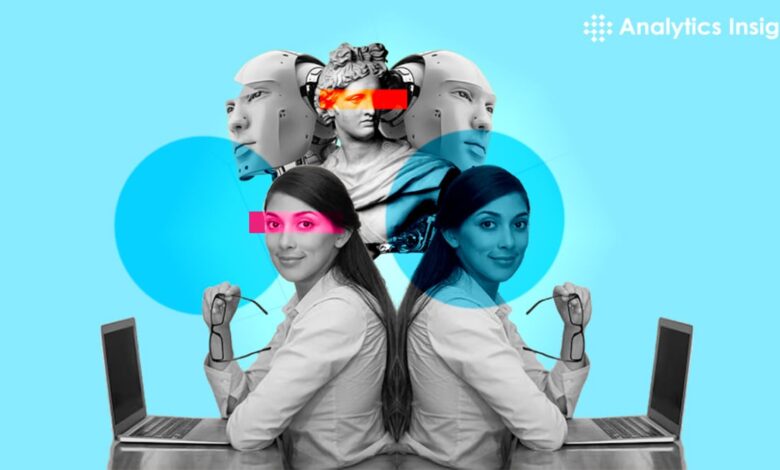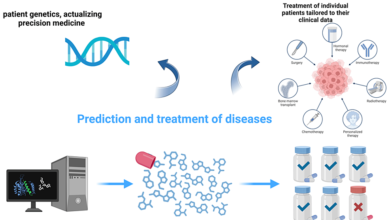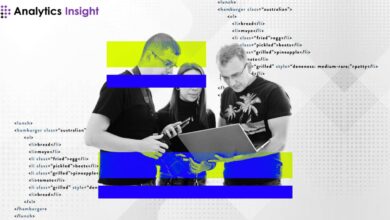Top Tools and Technologies for AI Engineers

The field of AI has made significant progress due to the support provided by effective tools and technologies that aid AI engineers in developing powerful models and software. Understanding and applying the right tools in one’s work and AI engineering is beneficial for both novice and expert levels. This article considers the top tools and technologies that a potential AI engineer has to work with.
Programming Languages
Linguistic platforms are the basis for the implementation of artificial intelligence. The most widely used languages in the AI field are:
Python: Python is the best language for AI development as it is the simplest and also has more extensive libraries. Machine learning and deep learning tasks can be performed using the following libraries: TensorFlow, Keras, and PyTorch.
R: The latter is a popular data analysis and visualization language based on R. It is especially competent in statistical modeling and is applied in academic and research settings.
Java: Java’s biggest advantage is performance and scalability, which makes it suited for large projects that require AI applications. Weka and Deeplearning4j are some of the open-source libraries that are well-used in the Java world.
Machine Learning Frameworks
Machine Learning frameworks make it easier to develop and use machine learning models for deployment. Key frameworks include:
TensorFlow: TensorFlow is an open-source application framework developed by Google that offers a rich set of tools for building and training ML models. Its scalability and flexibility position it well for both research and production.
PyTorch: PyTorch is a deep learning framework created by Facebook’s AI Research lab. The distinction between this framework and other deep learning frameworks is that PyTorch has a dynamic computation graph, while others are static. It is especially applicable to educational and research environments for its innovative nature models for testing.
Keras: Keras is an open-source software library that provides a Python interface for artificial neural networks. It runs on top of a commonly used deep learning library; it can run on TensorFlow, Microsoft Cognitive Toolkit (CNTK), or Theano. It offers a quick and effective way to build prototypes.
Data Science and its analysis tools
Some of the available data science tools may be used to prepare, examine, or visualize data – all of which are crucial in developing AI-based solutions. Important tools include:
Jupyter Notebooks: Jupyter notebook is a tool for co-authoring documents that use live code and interactive programming in Environments such as HTML Canvas and MathJax. It is commonly used for data pre-processing and preparation, numerical modeling, statistical analysis, machine learning, and other applications.
Pandas: Pandas is a library of Python libraries that is used for numerical computing and data structures. It is also beneficial for managing vast amounts of data.
Natural Language as a Form of Communication and Its Use of NLP Tools
NLP tools also assist in developing programs that are able to comprehend, articulate, and even react to associated languages. Essential tools and libraries include: Key tools and libraries include:
NLTK (Natural Language Toolkit): A library-rich programming environment for constructing Python applications to deal with human language data. Which consists of more than 50 corpora and lexical resources.
Spacy: A Python library for advanced NLP using natural language generation. it is specifically designed for production use and is regarded as the most performant and user-friendly reservation system.
Infrastructure as a Service: Private, Public, and Hybrid Cloud Platforms and Services
Cloud platforms are already used for AI model training and serving. Leading cloud platforms include:
Amazon Web Services (AWS): It also offers products like Amazon Sagemaker, which focuses on provisioning and managing ML services.
Google Cloud Platform (GCP): This platform offers a range of AI platforms, such as the Google AI Platform for training machine learning models and the TensorFlow Extended(TFX) for machine learning pipelines.
Integrated Development and Collaboration Tools
Essential tools that help AI engineers work efficiently within teams are development and collaboration tools. Key tools include:
Git is a tool for recording the history of source code modification during software development. GitHub and GitLab are the best social-creation sites for hosting and collaborating on Git repositories.
Docker is a solution for automating the deployment, management, and operation of applications as lightweight, portable containers using standard languages. By handling environments in the same way, Docker helps remove repetitiveness from the deployment process.



